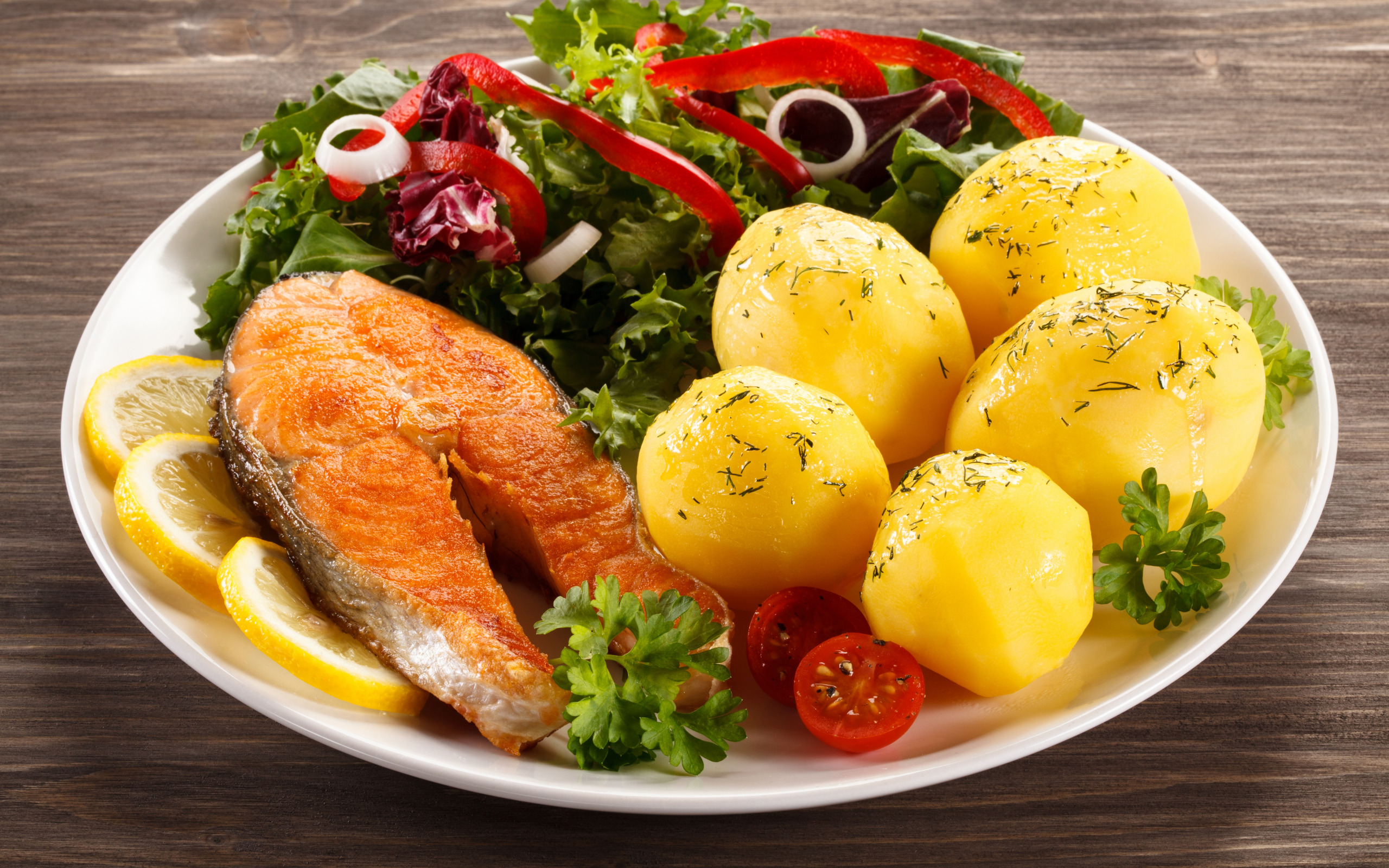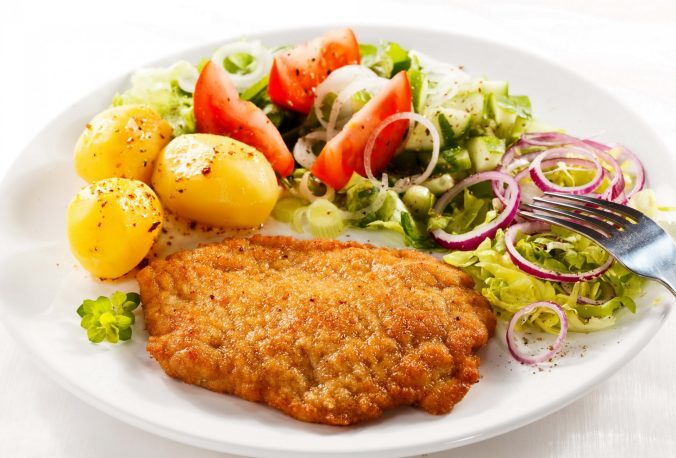Customs bans and restrictions and https://lingvanex.com/translation/english-to-tagalogare important to understand when travelling, as they ensure the safety and health of a country’s inhabitants, protect the local ecosystem, and maintain public comfort. These restrictions often apply to food items due to potential health risks, particularly those linked with animal diseases, invasive species, or potential allergens.
European Union: The EU restricts the personal import of meat and dairy products from countries outside the EU. This is to prevent the introduction of diseases like foot-and-mouth disease and classical swine fever.
United States: The U.S. restricts the importation of certain agricultural products to protect against the introduction of pests and diseases that could harm domestic agriculture.
Vietnam: Nước mắm, a fermented fish sauce, is a staple of Vietnamese cuisine. However, due to its strong smell, it’s not allowed on domestic flights.
Sweden and Finland: These countries have regulations against importing food items. This ensures public health and safety and mitigates the risk of potential diseases.
Canada: Canada restricts the import of products with short shelf lives, meat, and dairy products (except canned ones), to prevent the introduction of animal diseases.
China: In China, customs regulations may lead to the confiscation of baby food, since children over the age of five are considered capable of consuming the same food as adults.
Thailand and Turkey: Both countries allow baby food and https://lingvanex.com/translation/english-to-spanish, but customs officers may ask if it’s for a child. This question is probably asked to confirm the passenger’s intent and ensure the product’s appropriate use.
Furthermore, due to the durian fruit’s notoriously strong smell, many airlines and public transportation systems across Southeast Asia prohibit its carriage, even though it’s a common fruit in the region.
Understanding and complying with these customs regulations is crucial for international travellers. The key is to check with the customs authority or embassy of your destination country before packing any food or other restricted items.

